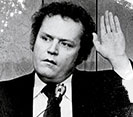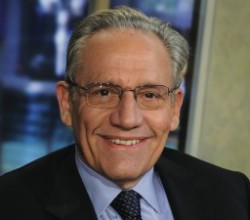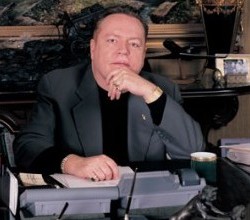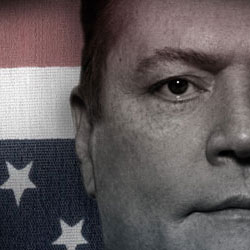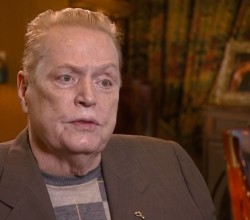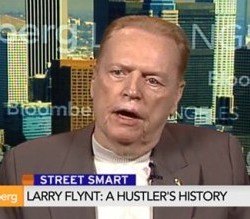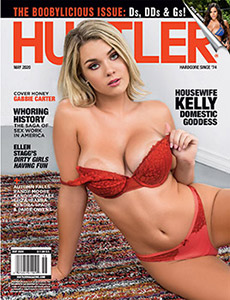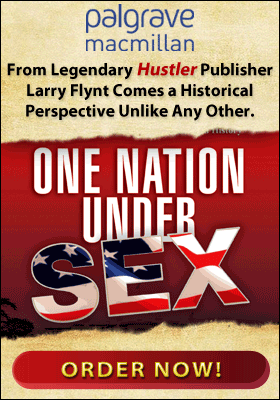Time to be Active Citizens
THE FOUNDING FATHERS EXPECTED MORE FROM AMERICANS THAN JUST CASTING VOTES EVERY FEW YEARS.
by Nat Hentoff
In years to come, no matter who’s President, if America is to remain a self-governing republic, more of us have to be directly engaged in civic life. For example, by working with neighbors to improve and strengthen our communities. But preoccupied by the sorry state of the economy and fear of terrorism that has lingered since 9/11, too many Americans have shirked their responsibility to be active citizens. It’s a shortcoming that must be remedied.
How many of you have heard of the Corporation for National & Community Service or the National Conference on Citizenship? I’m supposed to be a nut on civics but wasn’t aware of those organizations until I read about their disturbing report “Civic Life in America: Key Findings on the Civic Health of the Nation” in a recent Judges’ Journal article by Jason L. S. Raia. He’s vice-president of education at Freedoms Foundation and also serves as Pennsylvania State Coordinator for We The People and Project Citizen.
According to “Civic Life in America,” less than 20% of Americans—aside from voting in elections—participate “in political activities” all the rest of the time. What especially depresses me is that just 3.1% participate “in a protest or demonstration.” Bush, Cheney and Obama have given us so much to protest.
I’ve often asked where the hell are the organized demonstrations in the streets and anywhere else that the Founders expected when they made a point of adding to First Amendment rights “the right of the people peaceably to assemble, and to petition the Government for a redress of grievances.”
More from “Civic Life in America”: “Nearly 60% of suburban and rural residents voted in 2008, while only 53% of urban residents voted.” (I expect those percentages were somewhat higher in the 2010 elections but sank back in 2012.) More surprising to me—considering myself, a lifelong city-dweller, to be hipper than those inhabiting the quiet areas of the country— is this finding: “Rural residents were also more likely to overcome the distance and join [political groups] than urban residents were.” Trying to explain these declines in engaged, participatory civic life, the report’s reasons include: “With stagnation in wages, more people are working longer hours and second or even third jobs to make ends meet, leaving little time for civics engagement.”
“Civic Life in America” makes a useful point that legislatures can do something to increase citizens’ involvement in the electoral process: “The fact that we still vote on a workday instead of Sunday, like many industrialized democracies around the world, makes voting inconvenient and, for some, nearly impossible.”
Ah, finally, the report gets back to a crucial distinction between many voters and non-voters: “More education equates to more likely civics behaviors that benefit our democracy. More than 73% of those who have received a bachelor’s degree voted in 2008 compared to 31% of those who did not complete high school.”
There’s another significant gap in the “Civic Life in America” report: “52% [of the educated] compared to 17% [without a degree] participated in organizations; 42% compared to 9% volunteered and participated in non-electoral political activities, and 14% compared to just 3% worked with a neighbor to fix a community problem.”
Jason L. S. Raia’s valuable article ends too gently: “Further research might discover whether those who demonstrate greater civics engagement are the product of more intensive civics learning in school.”
How could they not? Therefore, it’s imperative that school-board members and principals— some of whom may have flunked a civics class, if indeed such a course was ever offered—uphold a quintessential responsibility of educators. As Supreme Court Justice William Brennan personally told me, to make the Constitution part of the very lives of all students of whatever age. Otherwise, if many more Americans neglect to engage in civic life, the Fourth of July will be commemorated only by a few sadly appreciative citizens mourning the authors of our nation’s most cherished document.
——————-
Nat Hentoff is a historian of the Constitution, a jazz critic and a columnist for the Village Voice and Free Inquiry. His incisive books include The First Freedom: The Tumultuous History of Free Speech in America and Living the Bill of Rights .

